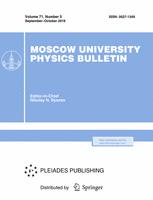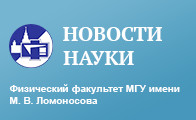One of the main factors affecting the process of fuel burnup is the formed neutron spectrum. The influence of the neutron spectrum on the burnup depth of nuclear fuel and the accmulation of actinides in VVER type lattices is studied. A fuel assembly of the VVER-1000 type reactor fueled with low-enriched uranium was selected. The neutron spectrum was varied by varying the diameter of the fuel rods, the lattice pitch and clad thickness remained constant. A change in the diameter of the fuel rods leads to a change in the moderator to fuel volume ratio (VM/VF) and, accordingly, the neutron spectrum in the reactor core. Neutronics calculations were performed using three programs: GETERA, MCU5, and Serpent. It is shown that the use of assemblies with higher VM/VF ratios will lead to an increase in the burnup depth while reducing the cycle length. In addition, it softens the neutron spectrum and increases the proportion of plutonium-240 in the discharged fuel.
28.20.Gd Neutron transport: diffusion and moderation
$^1$Research Assistant Nuclear Engineering Department, Jordan University of Science and Technology\
$^2$Associate professor Department of Theoretical and Experimental Physics of Nuclear Reactors, National Research Nuclear University MEPhI (Moscow Engineering Physics Institute)



